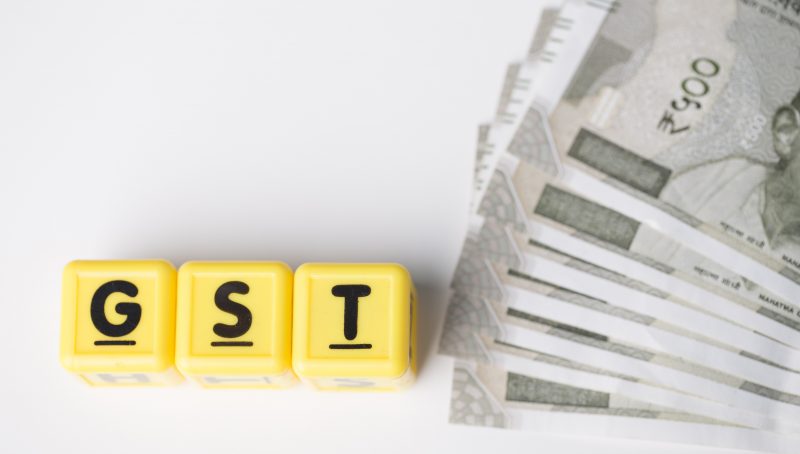In this edition of GST tasks for March 2020, let’s walk you through some of the essential tasks as per the GST laws, which are advised to be completed before the year 2019-2020 ends.
A Letter of Undertaking (LUT) is filed by businesses which export goods under GST without paying tax. Such LUTs will be valid for a financial year. If LUT was furnished in FY 2019-2020, then the date of expiry of the validity of such LUT is 31st March 2020. Therefore, you need to provide a fresh LUT for FY 2020-2021. So, if you’re an exporter falling under this category, be prepared to not miss out on this compliance.
Go through your books of accounts year-to-date to review ledgers such as the sales, purchases, expense heads, and fixed asset accounts. The review will help you identify those cases where Input Tax Credit (ITC) was missed claiming. Hence, you may be able to claim these tax credits within this financial year and not affect your working capital figures.
Also, you may be able to reverse the ineligible ITC claimed by mistake within the same financial year. The ineligible ITC cases may extend to personal expenses accounted in books or certain capital assets. It also includes common credits of raw materials/input services between the exempt and taxable supplies. This check will help in keeping spillovers into the next financial year at minimal. Otherwise, it is going to be challenging due to the shift from present returns to a new GST return regime.
The ITC on bank charges is available only with a credit available online and a bill/statement issued by the banker. Make sure to get the monthly bills or a consolidated bill for the financial year from the bank. Inform your GSTIN to the bank through a letter. Confirm online credit and the monthly bills to claim the eligible tax credit within time.
Also Read: Edition 1: Important GST tasks that businesses must complete in March 2020
While determining the expenses related to non-business purpose, make sure to reconcile one thing. Check whether the percentage of personal expenses declared under GST is in line with the amount going to be reported under the income tax laws. Additionally, the goods sent for job work must be received within one year and three years of being sent by the manufacturer, respectively, for the inputs and capital goods. In case of any delay, the ITC claimed on such inputs or capital goods must be reversed. Hence, check for those cases where there could have been a delay during the financial year.
Identify those transactions that are recorded in the books of accounts which are subject to reverse charge mechanism (RCM) as per 9(3) of the CGST Act and clear such GST liabilities. It will help you claim the eligible ITC. Otherwise, you may have to reverse the tax credits on such transactions or end up receiving notice from the taxman.
Note that GST is payable on advances received. The tax must be adjusted in the monthly return when the final invoice is raised. Hence, ensure to make all the necessary adjustments for the same on the invoices raised before March 2020 ends.
The suppliers charge interest on their buyers for any delayed payment of invoices, beyond the credit period. Many could have missed depositing the GST component on such interest, which needs a debit note to be raised. Hence, be sure to identify such interest collections forming part of the credit side of profit and loss account.
The GST rate applicable on the main supply in the tax invoice (whose payment is delayed) will be the applicable GST rate on the interest. Raise a debit note and compute the GST on such interest to deposit the amount before filing the GSTR-3B of March 2020. The same concept applies to the late fees, penalty charged on the buyers, including any liquidated damages (GST rate is 18%).
Accordingly, these are some of the critical reconciliations and checks that are advised to be completed before March 2020. Taxpayers must be sure to complete these checks to ensure a smooth transition into the new GST returns that will kick-start from 1st April 2020.
For any clarifications/feedback on the topic, please contact the writer at annapoorna.m@cleartax.in
Annapoorna, popularly known as Anna, is an aspiring Chartered Accountant with a flair for GST. She spends most of her day Singing hymns to the tune of jee-es-tee! Well, not most of her day, just now and then.





